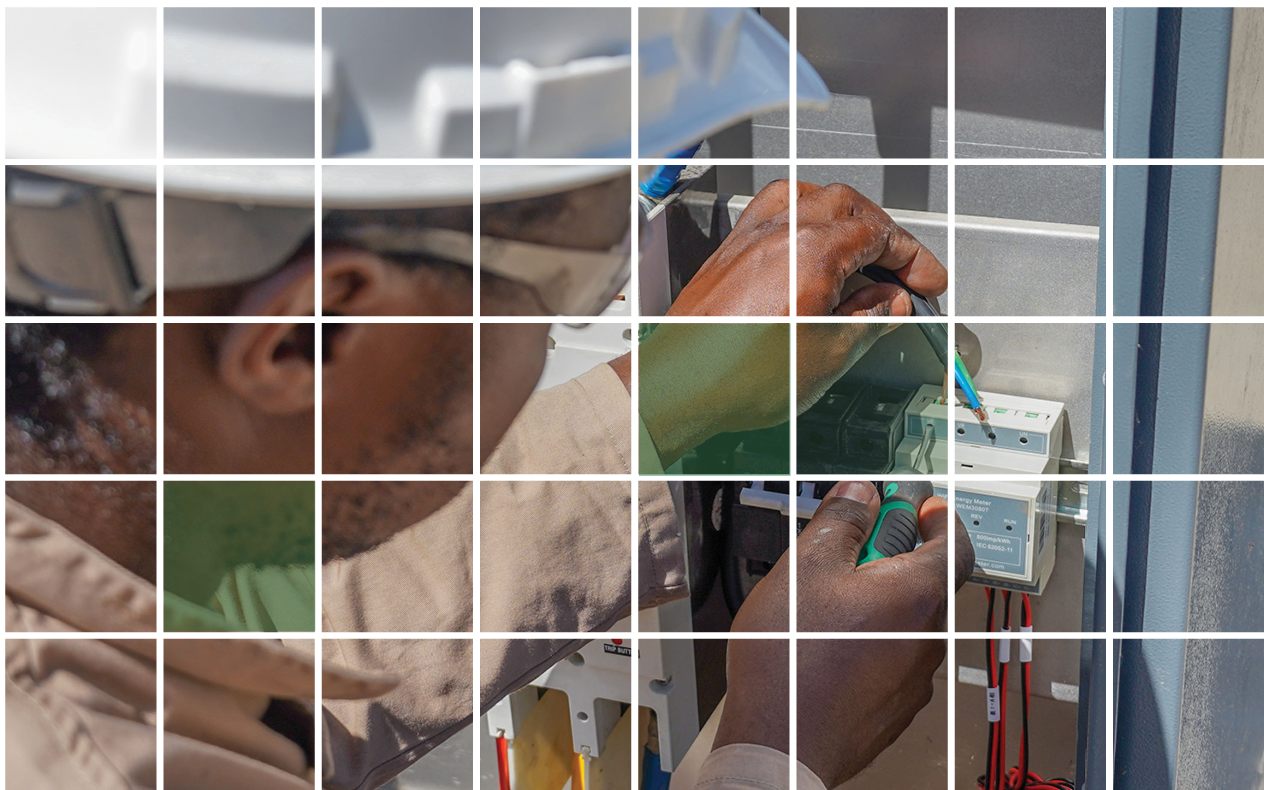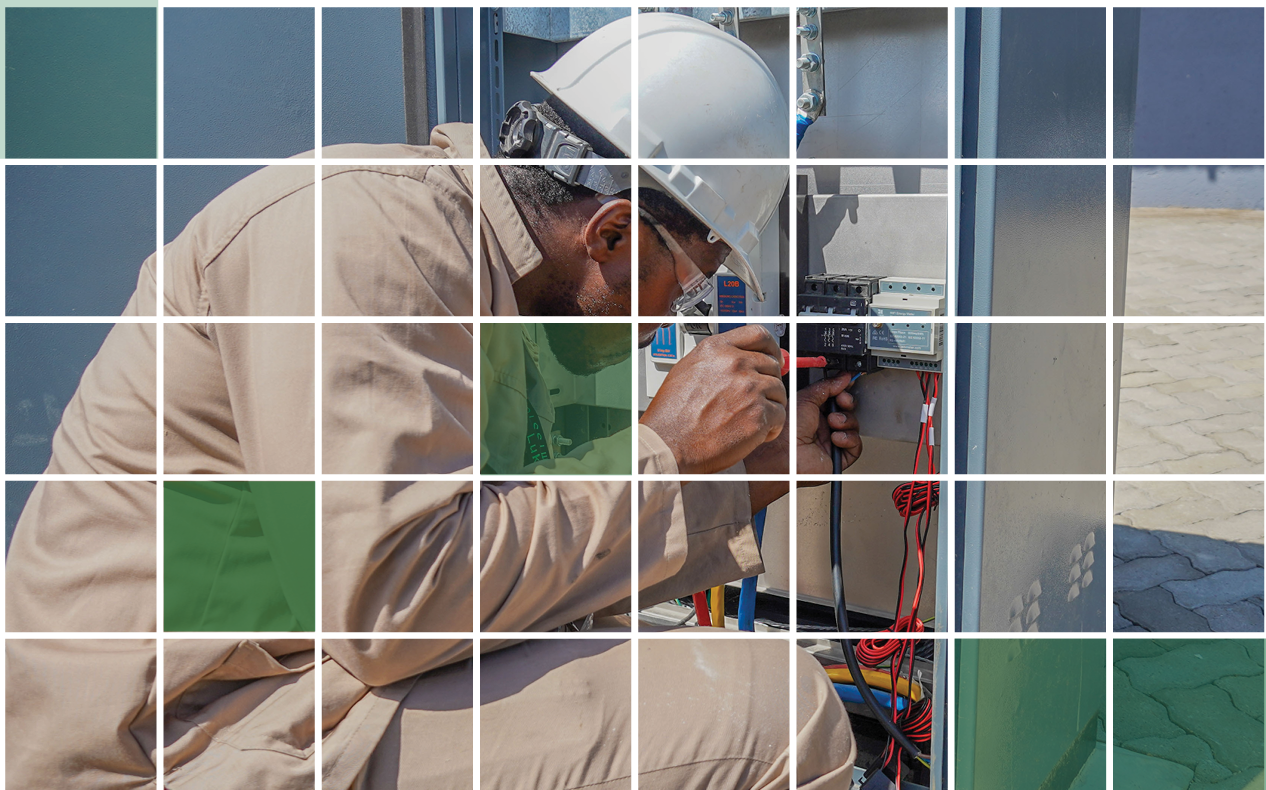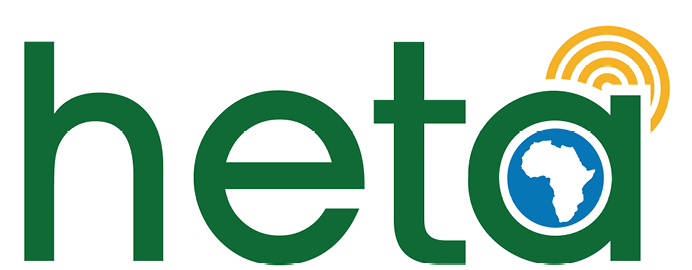ESWATINI
Explore HETA’s Work in Other Countries
In Eswatini, the reliability of electricity is a
concern despite a regionally high national electrification rate (85 percent, compared to 40
percent across Africa). This is because of frequent grid outages and heavy reliance on
imported power from ESKOM through the Southern African Power Pool. Solar energy
solutions, coupled with battery backups and remote monitoring, can boost energy reliability
for the health sector, while supporting the country’s broader goals for the transition
to renewables. HETA has been active in Eswatini since February 2023, building on the
successes of our partner, The Luke Commission, and their innovations in health
electrification and remote monitoring of energy systems. We look forward to announcing
several other exciting partnerships as we move into our second year.
USAID Mission Funding
We received $400,000 from USAID Southern
Africa (Global Health Security and Diplomacy budgets).
Facilities & People Reached
We identified 32 health
facilities to be electrified in our second year. Data on catchment areas will be
available in Year 2.
Local Partners & Leverage Resources
We formalized an agreement with The Luke
Commission and mobilized $286,000 in leverage commitments.
Remote Monitoring for Context-Appropriate
Energy Solutions
Eswatini has a robust grid network,
but power outages and fluctuations affect health service delivery and can
damage medical equipment. HETA has partnered with The Luke Commission, the
Ministry of Health, and USAID to identify sites for containerized smart
hubs. The hubs include rooftop solar panels that produce 30 to 40
kilowatt-hours (kWh) of electricity per day, along with 20 kWh batteries
to support critical loads. When primary power goes out, these
solar energy systems activate to power critical equipment at the health
facility.
HETA also co-created an intervention with The Luke Commission
to install 25 electricity usage data loggers in a sample of health
facilities. The loggers provide valuable information about load profiles and
downtime—a robust picture of the needs and performance of renewable energy
systems that enables HETA and the Ministry of Health to analyze the
reliability and sufficiency of energy for equipment relevant to the HIV
response.

RESULTS
As of September 30,
2023, HETA, The Luke Commission, the Ministry of Health, and USAID
had identified priority sites for the smart hubs in two regions of
Eswatini. HETA is also finalizing agreements with other partners,
including UNICEF, to support solar PV with battery storage and
innovative O&M solutions for 32 additional facilities in Year 2.
Partner Spotlight
The Luke Commission (TLC) is a
faith-based non-profit organization providing compassionate, comprehensive
healthcare to the most vulnerable populations and innovating for the health
and development of Eswatini.
HETA has partnered with TLC in Eswatini to understand energy
consumption through wifi-enabled energy monitoring solutions in 25 health
facilities and to improve energy access at five health facilities, including
battery management and solar plus battery backup solutions.
TLC was
the first local implementing partner with USAID in Eswatini. TLC addresses
HIV, TB, cervical cancer, and other diseases, such as COVID-19, in the
context of meeting patients’ comprehensive healthcare needs. TLC uses
a patient-centered approach to reach and serve rural and other vulnerable
populations with dignity and respect.
In 2013, TLC began building The
Miracle Campus on 160 acres of land in the center of Eswatini. To date, TLC
has hosted more than 1.3 million patient visits, providing more than 7
million medical services.

TLC’s on-site oxygen production plant
is a massive consumer of power. TLC has worked diligently to quantify energy
needs by configuring and monitoring energy monitors. TLC is also a leader in
green energy production, with an active 400 kW solar array.
This report and the experiences it documents
were made possible through the support of the American people through the United States
Agency for International Development (USAID). It was produced by Abt Global for the Power
Africa Health Electrification and Telecommunications Alliance (USAID Cooperative Agreement
72067422CA00003).

